Full Chapters Due: November 30, 2024
Introduction
We are excited to invite submissions for a forthcoming book titled Creative and Innovative Thinking for Founders, based on the course SIM 101: Innovative and Creative Thinking for Founders. This book aims to provide aspiring entrepreneurs with the knowledge, mindset, and tools required to foster creativity and innovation in the startup landscape. By drawing on the expertise of successful founders and business innovators, this book will equip readers with practical approaches to addressing challenges in the entrepreneurial journey.
Objective
This book will offer a deep dive into the role of creative and innovative thinking in business, particularly within the context of startups. By exploring various creativity techniques, design thinking, market analysis, and leadership strategies, readers will gain valuable insights into how to foster innovation within their organizations.
Target Audience
This book will be an essential resource for:
- Aspiring entrepreneurs and startup founders.
- Business students and educators.
- Innovation consultants and business mentors.
- Leaders aiming to cultivate creativity within their organizations.
Recommended Topics
Chapters should address, but are not limited to, the following topics as outlined in the curriculum for the course:
Chapter 1: Introduction to Innovative and Creative Thinking
- The role of innovation and creativity in entrepreneurship.
- Defining innovation and creativity in the context of startups.
- The importance of challenging conventional thinking.
- Inhibiting factors of innovative thinking in an organization.
Chapter 2: Fostering a Growth Mindset
- Internalizing Carol Dweck’s perspectives on fixed vs. growth mindsets.
- Embracing failure as a learning opportunity for success.
- Control of the mind for continuous learning and improvement.
- Education and illiteracy: Does education mean liberation? (Mind renewal)
Chapter 3: Design Thinking for Startups
- Introduction and essence of the design thinking process.
- Stages of design thinking.
- Limitations of design thinking.
Chapter 4: Creativity Techniques and Tools
- Divergent and convergent thinking exercises (e.g., lateral thinking, SCAMPER, random input).
- Creativity tools (e.g., TRIZ, Six Thinking Hats, Storyboarding, Moodboard, Brainstorming).
Chapter 5: Problem Identification and Framing
- Recognizing and defining problems worth solving.
- Reframing problems for innovative solutions.
- Developing a problem statement and hypothesis.
Chapter 6: Market and Trend Analysis
- Understanding market trends and customer needs.
- Identifying opportunities and white spaces.
- Competitive analysis and differentiating factors.
Chapter 7: Ideation and Concept Development
- Generating and evaluating ideas.
- Developing innovative business models and value propositions.
- Concept validation and refinement.
Chapter 8: Lean Startup Methodology
- Introduction to the Lean Startup approach.
- Minimum Viable Product (MVP) development.
- Build-Measure-Learn loop and continuous innovation.
Chapter 9: Innovative Leadership and Team Building
- Fostering a culture of innovation.
- Building and leading innovative teams.
- Encouraging diverse perspectives and collaboration.
Chapter 10: Pitching and Storytelling
- Crafting a compelling narrative for your innovative idea.
- Effective pitching techniques.
- Engaging stakeholders and investors.
Chapter 11: Case Study Analysis
- Analyzing real-world examples of innovative startups.
- Guest lectures from successful entrepreneurs and industry experts.
Chapter 12: Final Project: Innovative Startup Pitch
- Developing and pitching an innovative startup idea.
- Applying the concepts and tools learned throughout the course.
Submission Procedure
Researchers and practitioners are invited to submit an extended abstract or chapter proposal of 1,000 to 1,500 words by October 15, 2024, clearly outlining the mission and focus of their proposed chapter. Authors will be notified of their proposal status by October 25, 2024 and will receive chapter guidelines. Full chapters are expected to be submitted by November 30, 2024.
All manuscripts will be subject to a double-anonymized peer review process. Contributors may also be requested to serve as reviewers.
All proposals should be submitted via email to bookchapters@miva.edu.ng by October 15, 2024.
Publisher
This book is scheduled to be published by the Department of Computer Science, School of Computing, Miva Open University in Abuja. The book’s release is planned for March 2025..
Important Dates
- October 15, 2024: Proposal Submission Deadline
- October 25, 2024: Notification of Acceptance
- November 30, 2024: Full Chapter Submission
- December 20, 2024: Review Results Returned
- January 10, 2025: Final Acceptance Notification
- March 30, 2025: Book Publication
Inquiries
For any inquiries regarding this call for chapters, please contact the editors:
Prof. Jude Chukwu
Department of Economics
School of Management and Social Sciences
Miva Open University
jude@miva.university
Dr. Sam Oni
Department of Public Policy and Administration
School of Management and Social Sciences
Miva Open University
samuel.oni@miva.university
Dr. Femi Akinbola
Department of Business Management
School of Management and Social Sciences
Miva Open University
femi.akinbola@miva.university


